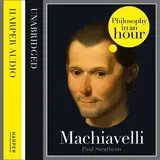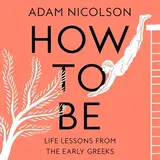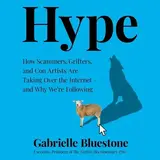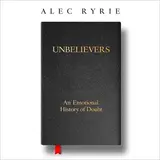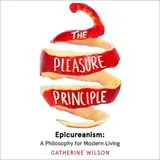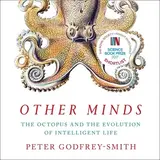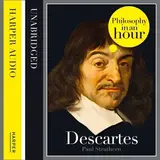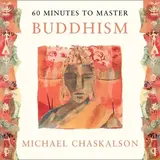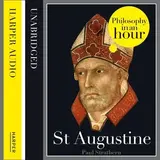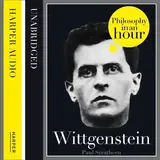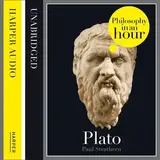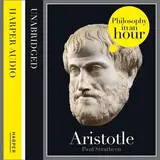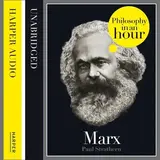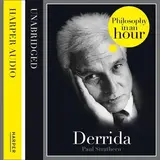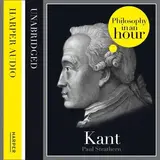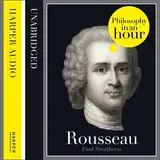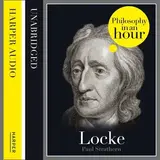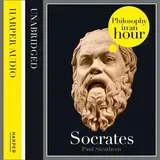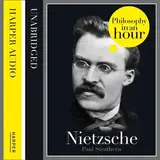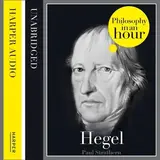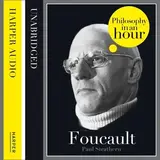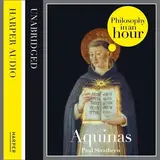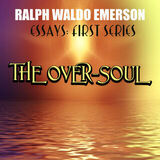

Essays: First Series. The Over-Soul
Narrator: Peter Coates
Duration: 45 min
Ralph Waldo Emerson's
The Over-Soul isn't just an essay—it's a revelation. It speaks of a vast, unshakable presence within us all, a silent force that knows, guides, and connects. Beyond intellect, beyond ego, Emerson leads us to the infinite.
The Over-Soul is the quiet voice of truth, the source of wisdom that needs no teacher. It is intuition over logic, unity over isolation. When we listen, the noise of the world fades, and something deeper takes its place—clarity, purpose, transcendence.
Emerson doesn't explain; he awakens. His words remind us that insight isn't learned but remembered, waiting beneath the surface of daily life. This isn't philosophy to study—it's truth to experience.
Part of his seminal
Essays: First Series, The Over-Soul remains a timeless meditation on the divine spark within. Open these pages, and you may just recognize something infinite in yourself.
Ralph Waldo Emerson (May 25, 1803 – April 27, 1882) was a writer, lecturer, and thinker who reshaped American intellectual life. Born in Boston into a family of ministers, he lost his father at eight and was raised by a fiercely determined mother. He attended Harvard at fourteen, briefly taught school, and then followed family tradition into the ministry. But the death of his first wife, Ellen, in 1831 shattered his faith in organized religion. He resigned from the church and set off for Europe, where he met the great minds of his time—Coleridge, Carlyle, and Wordsworth—who deepened his belief in individual thought over inherited dogma.
Back in America, he settled in Concord, Massachusetts, and became the leading voice of transcendentalism. His 1836 essay Nature called for a new way of seeing the world—one that placed intuition above reason and the divine within the self. His lectures and essays, including
Self-Reliance and
The American Scholar, urged Americans to trust their own voices rather than look to Europe for intellectual authority.
A magnetic speaker, Emerson crisscrossed the country delivering lectures on topics ranging from history to self-improvement. He mentored Henry David Thoreau and influenced countless others, from Walt Whitman to Friedrich Nietzsche. Despite his growing fame, he remained a private man, happiest in his study or walking through the woods of Concord.
In later years, his memory faded, and he quietly withdrew from public life. Yet his words endured, shaping generations of writers, philosophers, and seekers. His call for self-reliance and intellectual independence remains as relevant today as it was in his time.
Published by: Strelbytskyy Multimedia Publishing
Similar Titles
See allHow does it work?
Create your account.
Create your free account here.
Download the Voxa app
Available for Android and iPhone from Google Play or App Store.
Try free for 7 days
Enjoy access to 100,000 titles and the entire Voxa experience.
Listen without internet
Download your favorite audiobooks and enjoy them even when you're offline.

